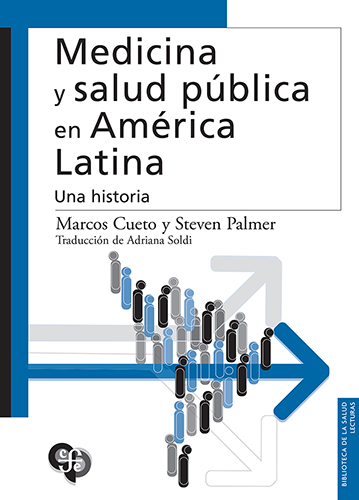July 2016

A wave of Haitian immigration into Brazil began in February 2010 through three northern border states: Acre, Rondônia, and Amazonas.. Photo: Marcello Casal Jr/Agência Brasil
The paper The inclusion of international migrants in Brazilian healthcare system policies: the case of Haitians in the state of Amazonas, examines how how Brazil’s Sistema Único de Saúde (SUS) responded to the demands placed by this unexpected contingent of new users.
The author Fabiane Vinente dos Santos, describes some aspects of the most critical immigration period (March 2010-March 2012) and of the public healthcare system’s reception of these Haitian newcomers.
These newly arrived immigrants were a particularly challenging social group for SUS. They did not have a resident visa, didn’t speak Portuguese, faced racism and other problems inherent to the public health system in the Amazon region, including lack of coordination and resources.
Read the full dossier: The challenges of the tripartite cooperation between Brazil, Cuba and Haiti.








